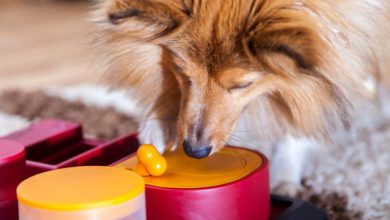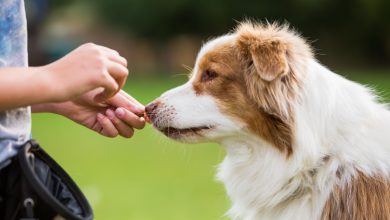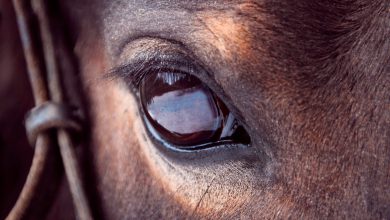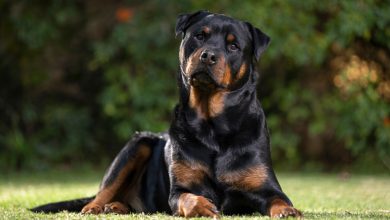Dog Fart And What To Do About It
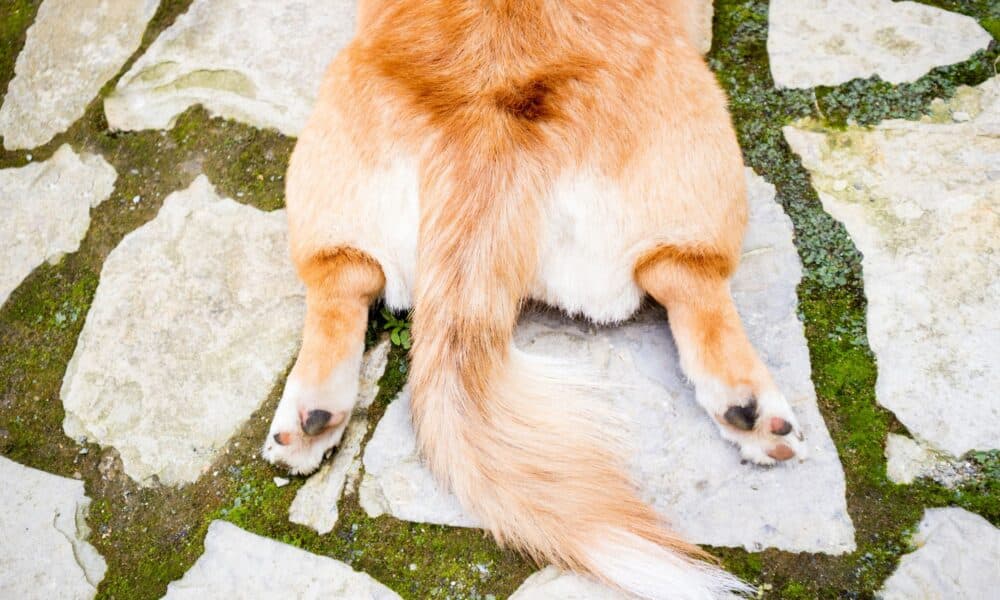
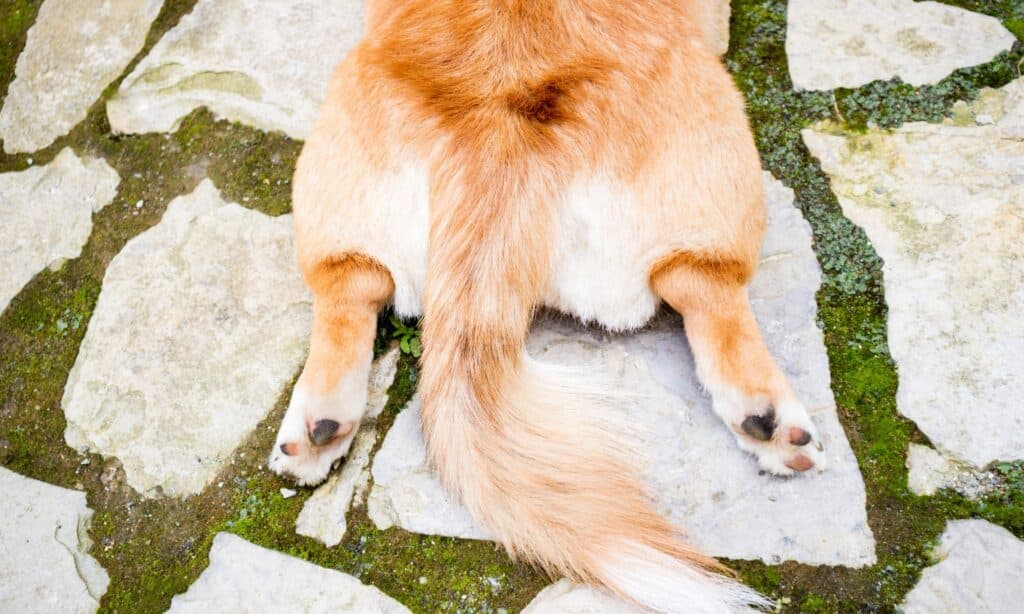
Flatulence occurs when gas accumulates in your dog’s digestive tract and colon. This is usually caused by the dog eating something new, such as a change in diet or food that they aren’t supposed to eat. If your dog consumes foods that they cannot digest, such as dairy or high-fat foods, they may experience chronic flatulence.
If your dog is overweight, obese, or sedentary, they are more likely to develop chronic flatulence. Some dog breeds, including boxers, bulldogs, mastiffs, Newfoundlands, pugs, and some other brachycephalic breeds, are also gassier than others. This is due to their flat faces and stubby snouts, which restrict nasal passages, causing them to gulp in a lot of air while eating and drinking.
Dog farts are usually not a cause for concern, but if your dog’s gas becomes intolerable, it may be time to make a change.
A healthy, consistent diet is the most effective way to reduce your dog’s farts. Foods containing low-quality ingredients can cause gas in dogs, so check the ingredients in your dog’s food. Avoid feeding fermentable fibers to your dogs, such as chicory, inulin, pectins, psyllium, plant gums, oats, barley, beet pulp, fruit, or legumes. Work with your veterinarian to examine the treats you give your dog. Snacks should not account for more than 10% of your dog’s daily intake. While many human foods are safe for dogs as treats on occasion, too much may induce stomach distress, resulting in the extra gas. Milk, cheese, cauliflower, and broccoli may be the culprits contributing to your dog’s poofs. Additionally, slowing down during meal time can help lessen the amount of air your dog takes in when eating. A slow feeder bowl can help with this.
Daily walks, playtime and other forms of exercise also help to reduce the number of times dogs fart. Regular movement allows gas to escape more easily rather than build up. Exercise also helps in the control of obesity, which is another cause of excessive farts.
If your dog still has excessive gas after you’ve changed their diet, you may need to see your veterinarian to rule out a more serious cause. Not only is your dog’s gas unpleasant for you, but it can also cause actual discomfort for your dog. If your dog has a medical condition or dietary intolerance, their flatulence may be accompanied by other symptoms, including weight loss, change in appetite, vomiting and diarrhea.
